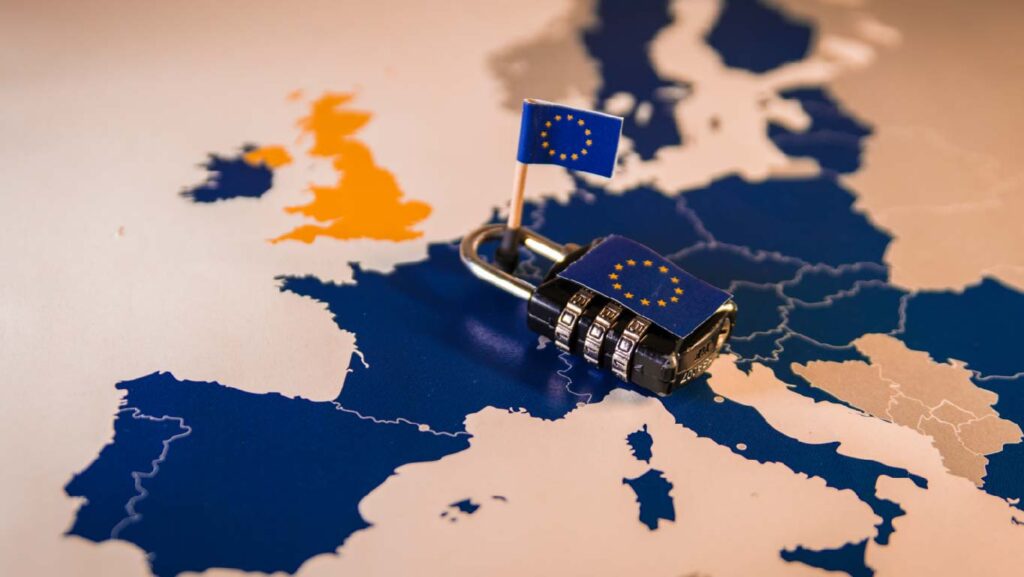EU’s 15th Sanctions Package

Russia’s persistent efforts to bypass the oil price cap have prompted the European Union to take decisive action in its 15th sanctions package. This new set of measures targets loopholes that have enabled Russia to continue exporting oil and sustaining its revenues. By blacklisting 52 additional vessels—bringing the total to 79—the EU is focusing on Russia’s shadow fleet, a network of aging, underregulated ships central to its evasion strategies. This initiative has the potential to increase the cost and complexity of sanctions evasion while addressing the significant safety and environmental concerns associated with these high-risk vessels.
The Shadow of Sanctions on Contracts

A valid contract is binding upon the parties. This statement serves as the cornerstone of contract law worldwide. However, it does not imply that there are no situations in which parties can legally terminate, suspend, or refuse to fulfill their contractual obligations for legal reasons. Typically, these reasons can be anticipated ex-ante in applicable law or in the contract itself. How about newly introduced sanctions? Can they provide a green light for parties to refrain from undertaking their contractual obligations?
EU entering the era of extraterritorial sanctions

With the recent adoption of the EU’s 13th sanctions package against Russia, we sought insights from our senior legal officers at Wiacon, Negin Ajam and Nasim Zargarinezhad.
The EU’s decision to sanction Chinese firms, among others, aims to disrupt the supply chain of vital drone components to Russia, especially given the ongoing conflict in Ukraine.
